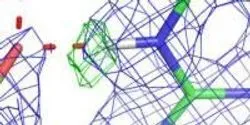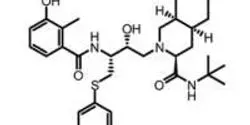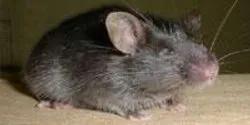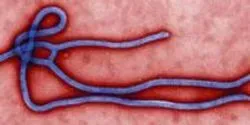Disease Treatment

UCLA researchers devise new method to identify disease markers, a key step toward personalized medicine.

New research from the University of Virginia School of Medicine has shed light on how chronic stress and obesity may contribute to type 2 diabetes. The findings point the finger at an unexpected biological perpetrator – the breakdown of fat.

Eve, an artificially-intelligent ‘robot scientist’ could make drug discovery faster and much cheaper, say researchers writing in the Royal Society journal Interface. The team has demonstrated the success of the approach as Eve discovered that a compound shown to have anti-cancer properties might also be used in the fight against malaria.

A Washington University in St. Louis drug discovery program has received three grants totaling more than $5 million from the National Institutes of Health (NIH) to develop new therapeutics for respiratory diseases. The target illnesses range from the common cold to life-threatening lung disease.

Enzymes are catalysts that speed up chemical reactions in living organisms and control many cellular biological processes by converting a molecule, or substrate, into a product used by the cell. For scientists, understanding details of how enzymes work is essential to the discovery of drugs to cure diseases and treat disorders.














